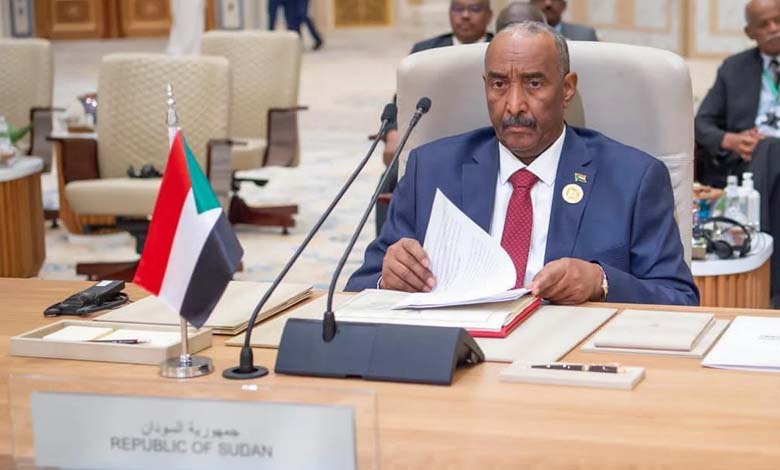Former ambassador reveals Al-Burhan’s purchase of a Palace in Ankara and obtaining Turkish Passport

The General Intelligence Agency played significant roles not covered by the media, dealing with them cautiously, overlooking the societal and tangible roles of the agency post-change.
The General Intelligence Agency recovered after the glorious December revolution, returning to its actual roles. Observers believe the agency is on the right track, set to play a crucial role in various regional issues, especially counterterrorism.
The workshop that brought together African security and intelligence agencies (CSIS) in Khartoum last August, marked the first announced event organized and adopted by the General Intelligence Agency since the fall of the regime in 2019.
This step indicates the restoration of the General Intelligence Agency to its pre-revolution status, with a strong comeback not only at the local level but also in the African neighborhood and continent.
After intense campaigns pressed for solving the National Security and Intelligence Service, which later transformed into the General Intelligence Agency, then calls to reduce its powers, withdrawal of some authorities, and turning it into an information-gathering platform, and the dissolution of the “Security Army” operations entity, limiting the General Intelligence Agency’s role as per the constitutional document, the General Intelligence Agency receded to the background after having an iron grip for the past thirty years of the regime.
Today, the Sudanese General Intelligence Agency appears effectively, engaging in partnerships and alliances with African security and intelligence agencies once again, after a hiatus of nearly 3 years. Khartoum served as the regional meeting point for African security and intelligence agencies.
The strength and importance of the workshop (CSIS) revolve around the slogan adopted by the Khartoum initiative, focusing on terrorism as the winning card. The General Intelligence Agency has held onto this card for a long time, given the Sudan’s recent classification as a state sponsoring terrorism, blacklisted by the U.S. since 1993, as a “state sponsor” and a “crossing point” for terrorists alike. Moreover, it was a safe haven for high-risk international terrorists, one of the breeding grounds for jihadists and radical groups worldwide.
Members have confidence in the ability of the Sudanese General Intelligence Agency to handle the file of religious extremism and terrorism. This comes at a time when the intensity of extremism rises in East, West, and Central Africa, with the increasing activities of the Jama’at Nusrat al-Islam wal-Muslimin that penetrated Ethiopian territory, Boko Haram’s expansion towards Lake Chad, Niger, and the accelerated terrorist operations by al-Qaeda in the Islamic Maghreb, ISIS attacks in eastern Congo, and the extremist groups’ control over extensive areas in Mozambique.
The agency has significant roles not covered by the media, dealing with them cautiously, realizing that the agency’s roles have become societal and tangible for everyone. We will dedicate wider spaces to these roles.












